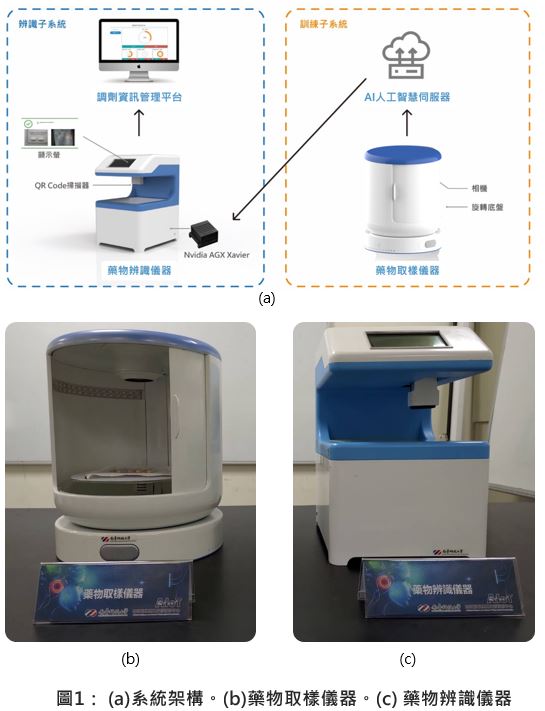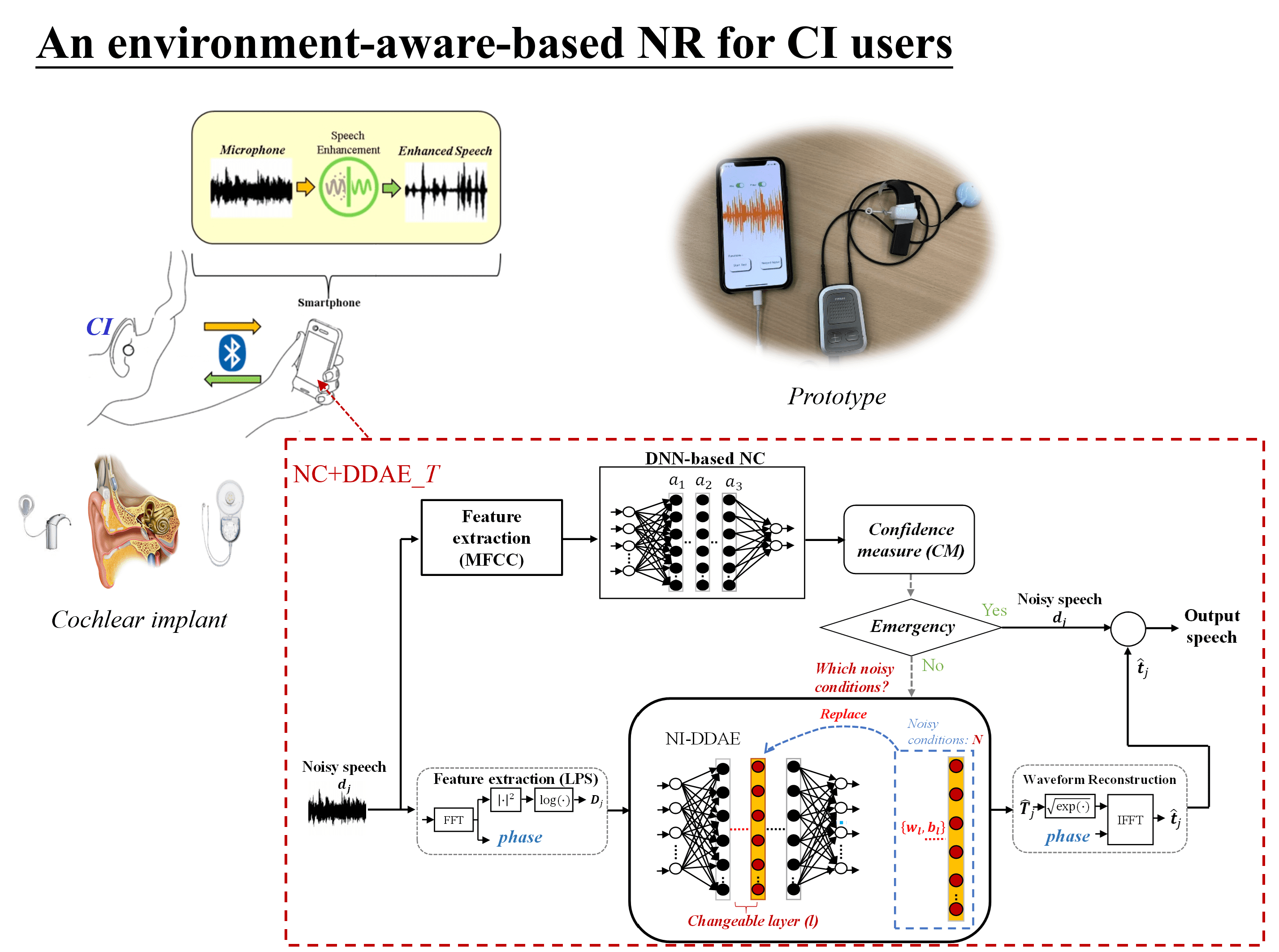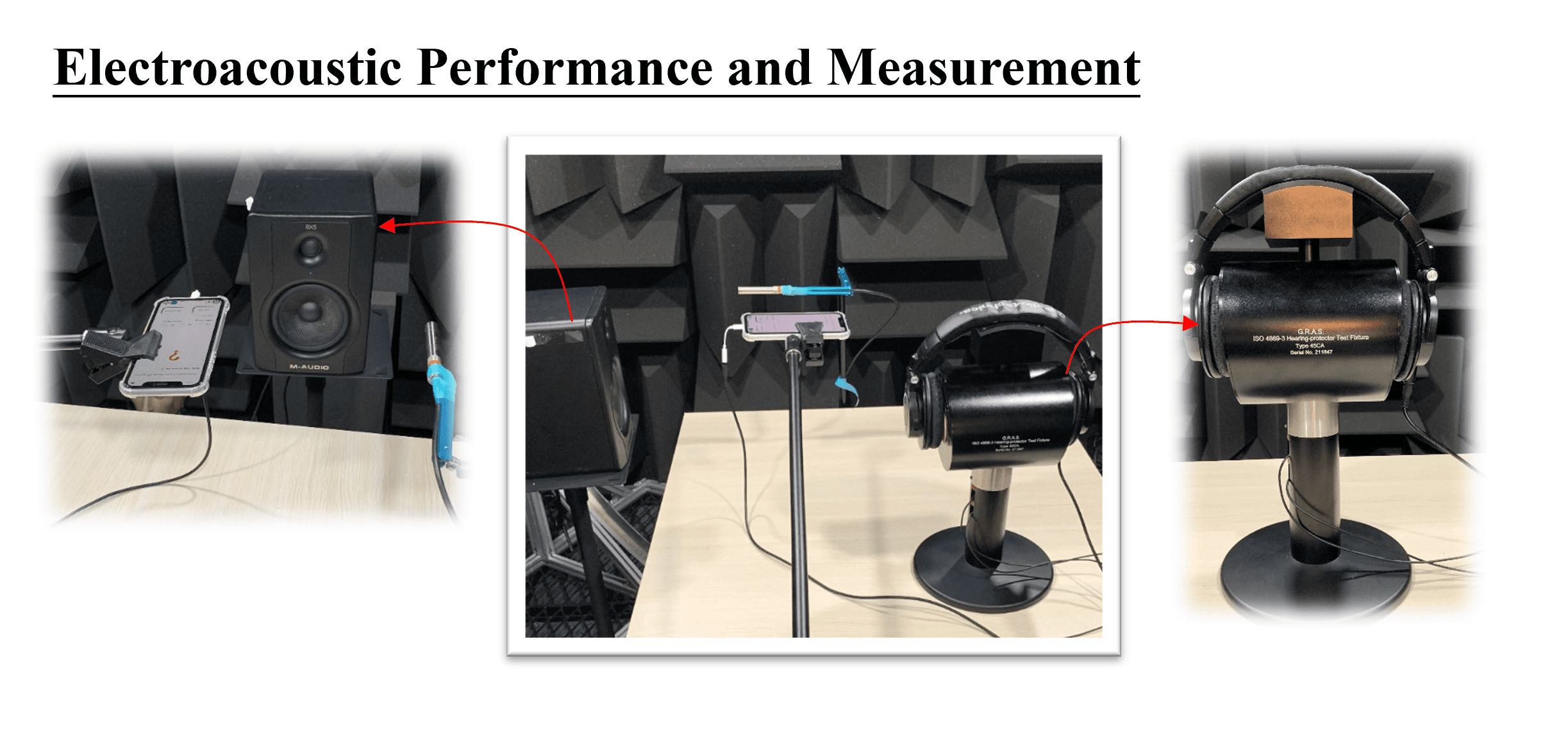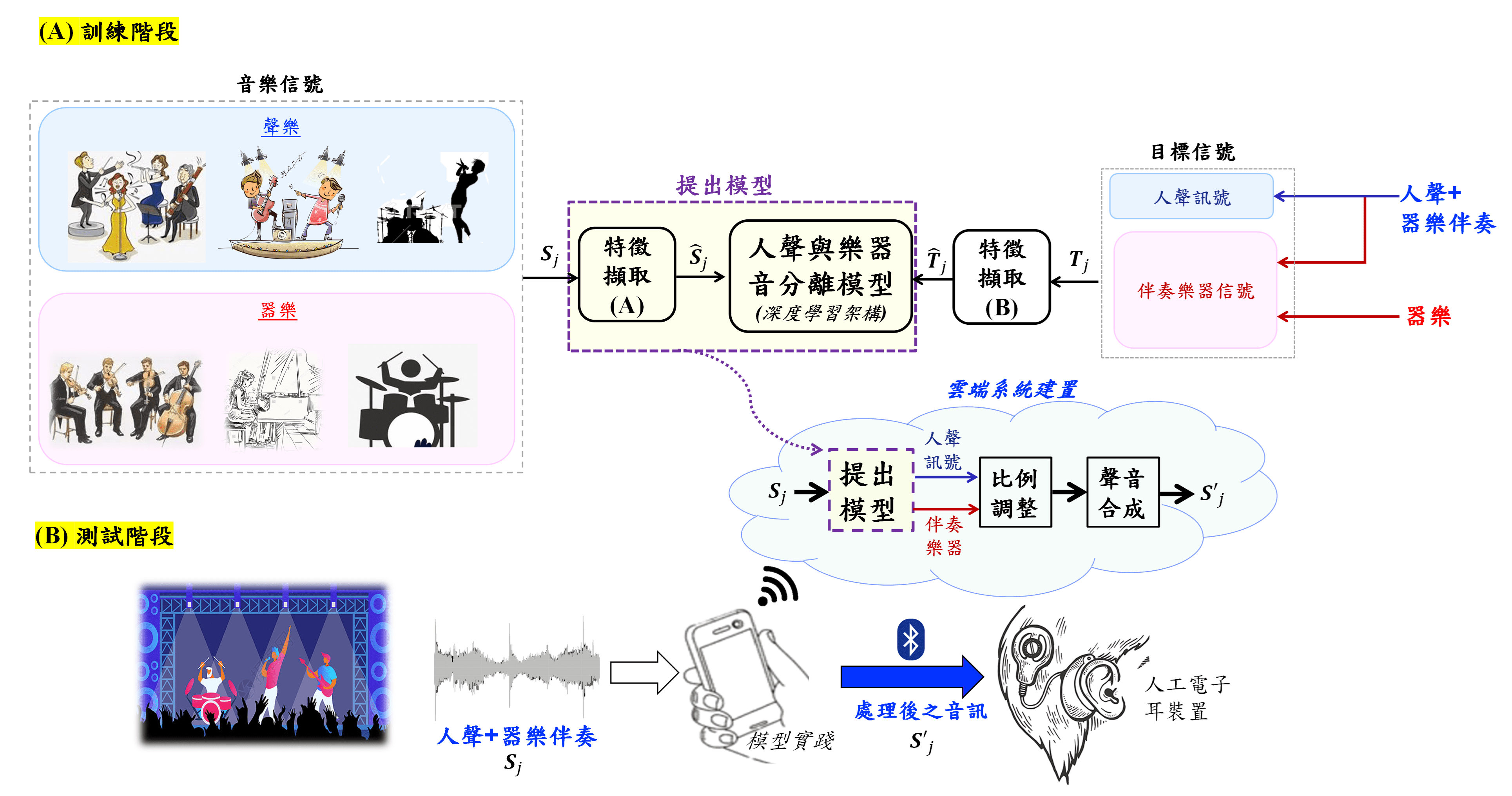| Technical Name | Bionic Organ of Precision Hearing: Deep Learning-Based Neural Network AIoT Approach for Noise Reduction in Next Generation Cochlear Implant | ||
|---|---|---|---|
| Project Operator | Cheng Hsin General Hospital | ||
| Project Host | 力博宏 | ||
| Summary | By using AIoT, our team prevents us all (surely old in the future) from self-isolationdementia due to hearing loss. The performance of cochlear implant (CI) is kept stationary as 50 years ago (when invented) owing to difficulty listening in musicalnoisy environment. This can be ascribed to distortion in loudness difference because of limit in microphone,restricted resolution of electrode in CI. We propose a deep-learning based neural network AIoT approach for noise reduction. This bionic system of precision hearing simulates “cocktail party effect” of brain: to focus on target soundfilter others in noisy environment. We aim to advance next-generation CIhearing aids to the level of a perfect kind of artificial organ. |
||
| Scientific Breakthrough | We propose Noise Classifier+Deep Denoising Auto-Encoder (NC+DDAE) simulating “cocktail party effect” of brain for precision hearing. The performance is best [Ear Hear 2018]. Its execution demands a powerful chip. We thus introduce AIoT to avoid CI chip overload: noise reduction of signal by APP in smartphone,clean signal sent back to CI [IEEE Consum Electron Mag 2021]. The model is then upgraded for programming into chip: with little increase of source demand to advance computation capacity. We furthermore modify the model in a multimodal way [J Med Internet Res 2021 Sensors 2021 IEEE Access 2022]. The model can now optimize music listening for CI users developed under MOST fund till 2024 [110-2314-B-350-003 111-2314-B-350-002-MY2]. |
||
| Industrial Applicability | The global market size of cochlear implant (CI) is valued at 4.4 billion in 2024, with that of hearing aids (HAs) at 17.6 billion in 2029. Over 1 billion young people aged between 1235 years old are at risk of permanent/avoidable hearing loss due to unsafe listening practices, according to reports by World Health Organization. If the trend can’t be reversed, most of them will be potential customers for CIHAs. The innovative technology by our team promised to advance CI to a “bionic” level: to listen with precision in noisymusical environments. Besides, the system can also operate in HAs. In cooperation with semiconductor industry in Taiwan, our technology can play a major part of supply chain for both CIHAs in the world. |
||
| Keyword | Bionic Organ of Precision Hearing Deep Learning Neural Network AIoT Noise Reduction Next Generation Cochlear Implant Music Hearing Aids Chip Smartphone | ||
- Contact
- Ya-Chun Lo
- hearingchgh@gmail.com
other people also saw







